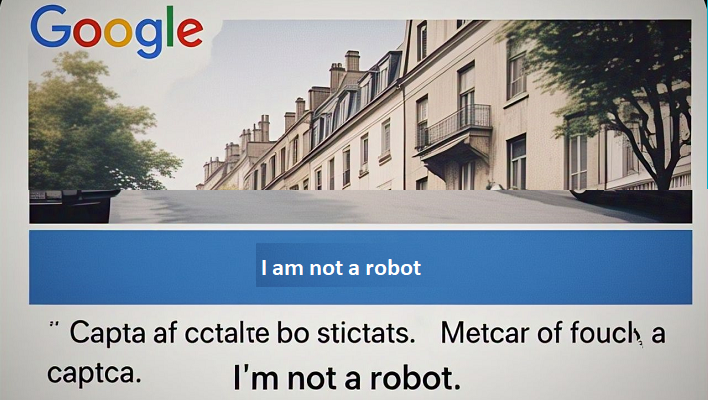Google CAPTCHA Collecting And Selling Your Data Raises Big Privacy Concerns
CAPTCHA tests present challenges that are easy for people to solve but difficult for many automated programs, or bots, thereby thwarting some automated attacks and protecting websites from spam, fraud and other forms of abuse.

While these security measures may have been effective for a time, they are now being challenged by increasingly sophisticated bots capable of bypassing them. With the help of machine learning, bots are trained on vast datasets of distorted text images, enabling them to recognize characters with remarkable accuracy. As a result, relying solely on CAPTCHAs is no longer a reliable security solution. But the concerns don't stop there.
There are indications that CAPTCHA tests are being used as a pretext to collect user data, which is then sold to advertisers. According to YouTube channel Chuppl, Google's reCAPTCHA v2 and v3 function primarily as data collection tools rather than fulfilling their intended purpose of preventing bots.
Each time users interact with a reCAPTCHA challenge, whether by clicking the "I'm not a robot" checkbox or solving image puzzles, they provide data to Google. This data may include their IP address, browsing history, mouse movements, and other behavioral information. Reports suggest that Google monetizes this data for targeted advertising and potentially shares access with third parties. Some estimates value the collected data at nearly $898 billion.

